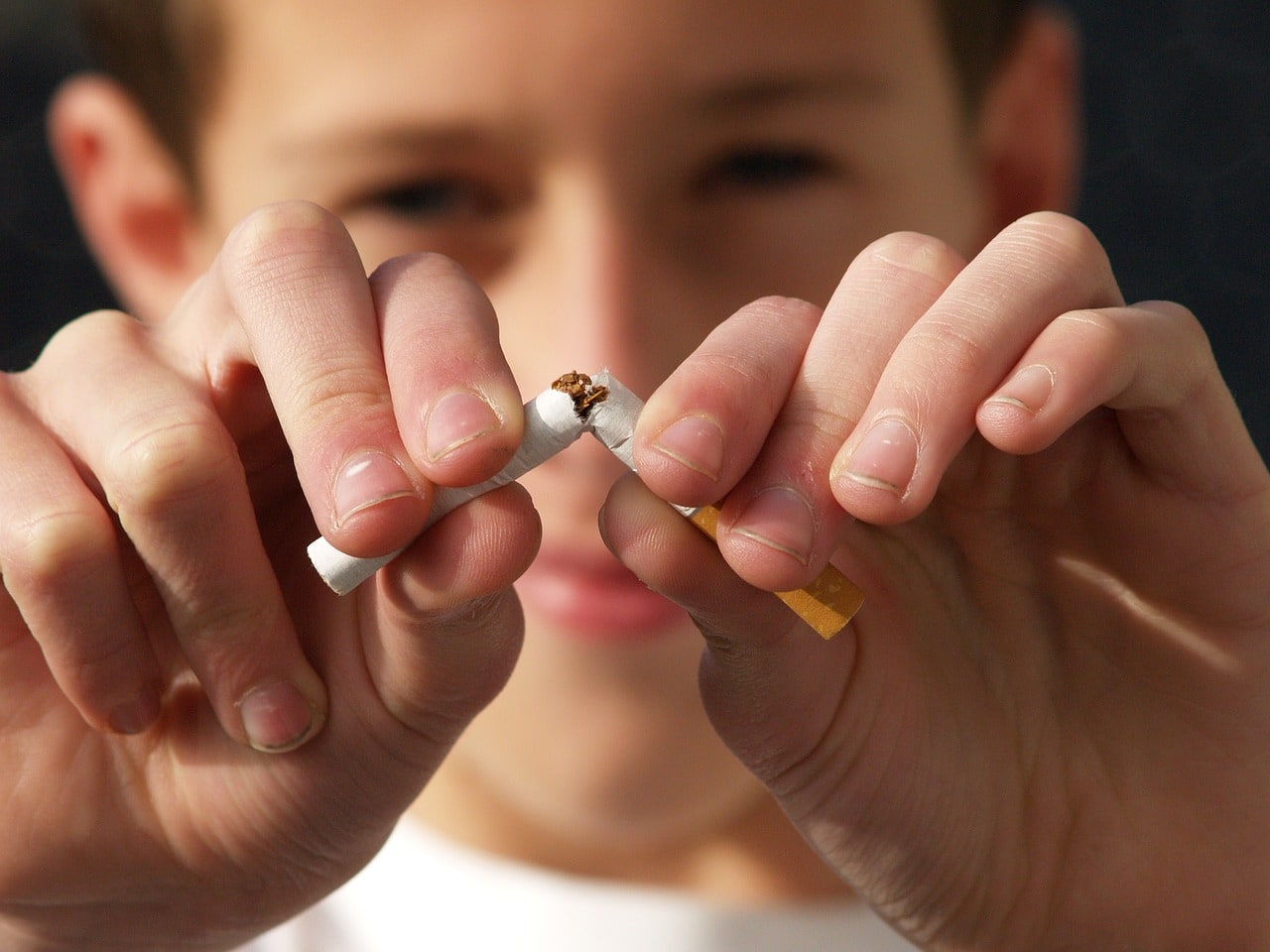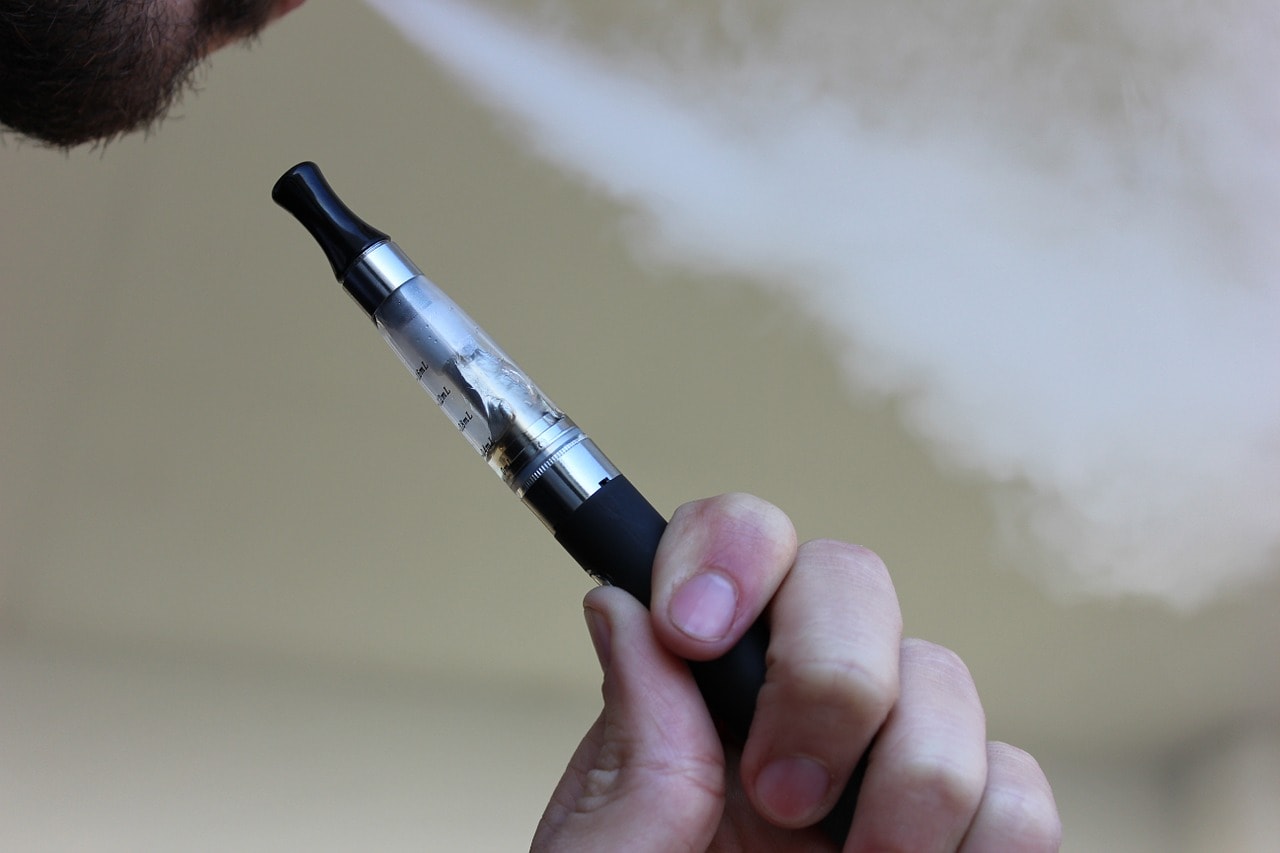Have a question? 06 70 73 89 02
🔞 Not for sale to under 18s
✨ 15% off EVERYTHING on the site with the code SALE 🥳 ( except accessories and gummies)
Have a question? 06 70 73 89 02

You want to stop smoking and you've already tried everything: nicotine substitutes, medication, cognitive and behavioral therapies... Despite this, the craving persists and you've lost all hope?
What if we told you that some cannabinoids like CBT could inhibit the chemical effect of THC and tobacco, and that others like CBD can help combat addictions.
In this article you'll discover how CBD can help control nicotine addiction and help you quit smoking.
Nicotine is pernicious, creating subjection by acting on the central nervous system (this effect is psychoactive).
Thanks to its anxiolytic effect, smokers feel a surge of energy that boosts morale. It's easy to understand why nicotine withdrawal leads to irritability, anxiety, headaches, sleep disorders, difficulty concentrating... These symptoms are strongest in the first 15 days of quitting. At this stage, the likelihood of relapse is highest (source: Tabac Info Service). Also, the act of smoking, or dependence on the gesture, is so ingrained in people's habits that the need to smoke can quickly become uncontrollable.
Fortunately, there is a solution to put an end to this dependence on tobacco, avoiding the multiple inconveniences that are the symptoms of quitting smoking! CBD is the gentle, effective alternative to nicotine...

CBD is a cannabinoid found in both hemp and cannabis. Unlike THC, well known for its psychotropic effects and sulphurous reputation, CBD has no "high" and no direct effects on the nervous system when consumed.
Whether consumed in flower, oil or resin form, vaporized, consumed directly or in preparations such as space-cookies, CBD has no psychotropic effects.
So how does CBD work on your body to control the irrepressible urge to smoke? It works in two ways. Remember, CBD has no psychoactive effect. In other words, it doesn't act on the central nervous system, unlike nicotine. Instead of exciting you as it does by releasing adrenaline, CBD has a relaxing effect. But it's also a product that works against addiction! In addition, CBD consumption acts on anandamide, a neurotransmitter also present in cocoa, giving you a feeling of psychic satiety and making you feel less of the deep craving associated with withdrawal.
In this regard, a randomized British clinical study carried out in 2013[1] showed that patients treated with CBD significantly reduced their cigarette consumption over the course of their treatment : by around 40%.
Another study carried out in May 2015[2] at the University of Montreal in Canada noted: "Preclinical studies suggest that CBD may have therapeutic properties on opioid, cocaine and psychostimulant dependence, and some preliminary data suggest that it may be beneficial in cannabis and tobacco dependence in humans."
To fight the urge to "pull" on a cigarette, opt for the electronic cigarette by vaping CBD e-liquid in case of nicotine withdrawal. You'll reproduce the same gestures by acting on your body. That's why, if you opt for CBD e-liquids which, thanks to their relaxing effect, will give you a feeling of happiness and well-being, you'll control your irrepressible urge to smoke, which will quickly become a distant memory with no tension, no chills and a total cure!
